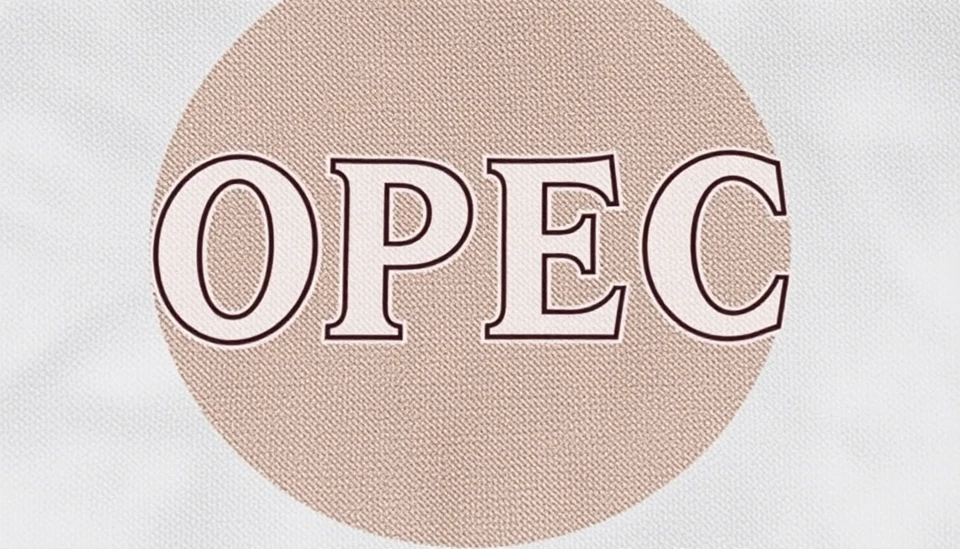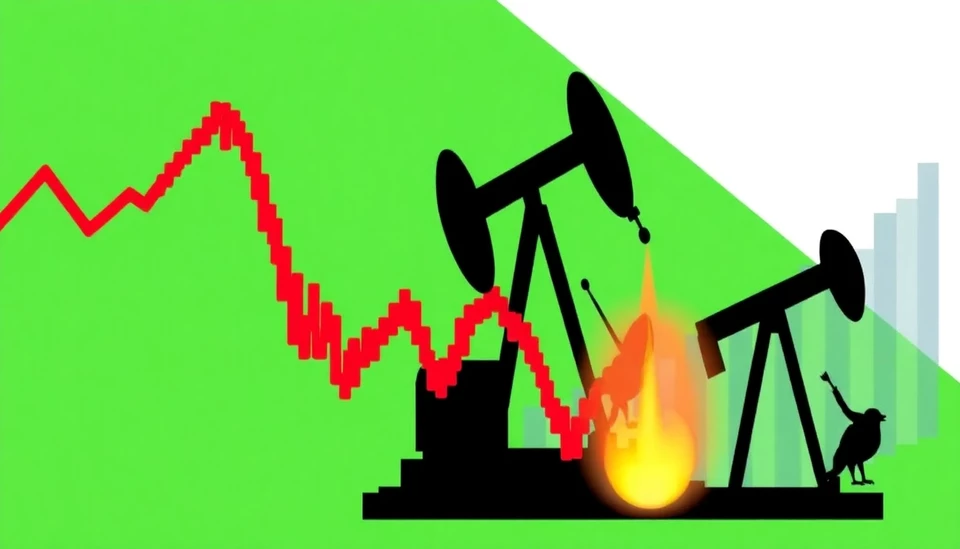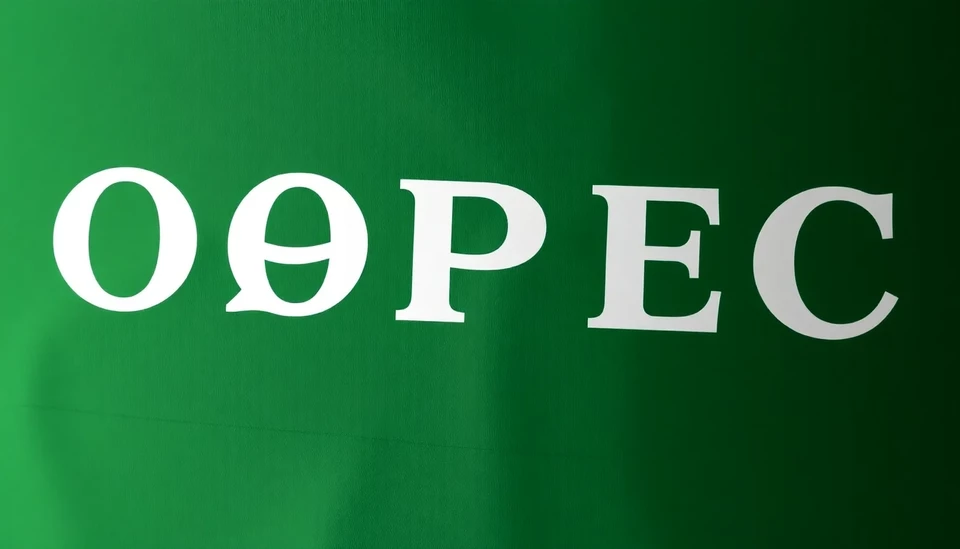
In a significant development for global oil markets, the Organization of the Petroleum Exporting Countries (OPEC) has announced new measures aimed at ensuring compliance among its member states following the latest round of quota violations. As the alliance recognizes the urgent need to stabilize oil prices, violators of the established production limits have pledged to implement compensatory cuts, reinforcing OPEC's commitment to balance supply and demand.
The latest reports indicate that several member nations have fallen short of their production targets, leading to rising concerns about the long-term viability of the coalition and its pricing strategies. In response to these discrepancies, OPEC officials have conducted high-level discussions to forge a path forward, emphasizing the importance of adherence to agreed-upon quotas.
In an effort to rectify the situation, countries that exceeded their production limits are now required to trim their output further to compensate for the excess oil that had previously flooded the market. The specifics of these compensatory cuts are expected to be communicated in upcoming meetings, ensuring that each nation can align its production with OPEC's collective goals.
Industry analysts speculate that the compliance push comes at a crucial time, as global oil prices remain under pressure from increased production and fluctuating demand. The situation has been exacerbated by geopolitical tensions and the ongoing shifts in energy consumption patterns, including the post-pandemic recovery phase that has seen an uptick in travel and fuel needs.
Central to these discussions has been Saudi Arabia, OPEC's de facto leader, which has taken a hard stance on adherence to quotas in order to maintain market stability. The kingdom's commitment to compliance is seen as vital for the collective credibility of OPEC, and it actively encourages other member states to follow suit.
Furthermore, OPEC's approach to managing production and prices extends beyond mere quota enforcement. The coalition is also exploring strategies to enhance communication and collaboration among its members, aiming to foster a more cohesive response to market dynamics. This could potentially include joint initiatives on shared technology in oil extraction and processing, or even collaborative marketing efforts to enhance global reach.
In conclusion, as OPEC navigates through these challenging waters of oil production and market dynamics, its strategies are projected to play a pivotal role in defining the energy outlook for the upcoming months. With commitments to compensation cuts now on the table, stakeholders will be closely monitoring the compliance trends of member states as they strive to reassure the market of the alliance's authority.
As news develops, oil traders and consumers alike will await further clarity on how these measures will impact pricing and supply stability in an ever-evolving global landscape.
#OPEC #OilMarket #Compliance #ProductionCuts #GlobalOilPrices #EnergyNews #MiddleEastEconomics #MarketStability #SaudiArabia
Author: John Harris



